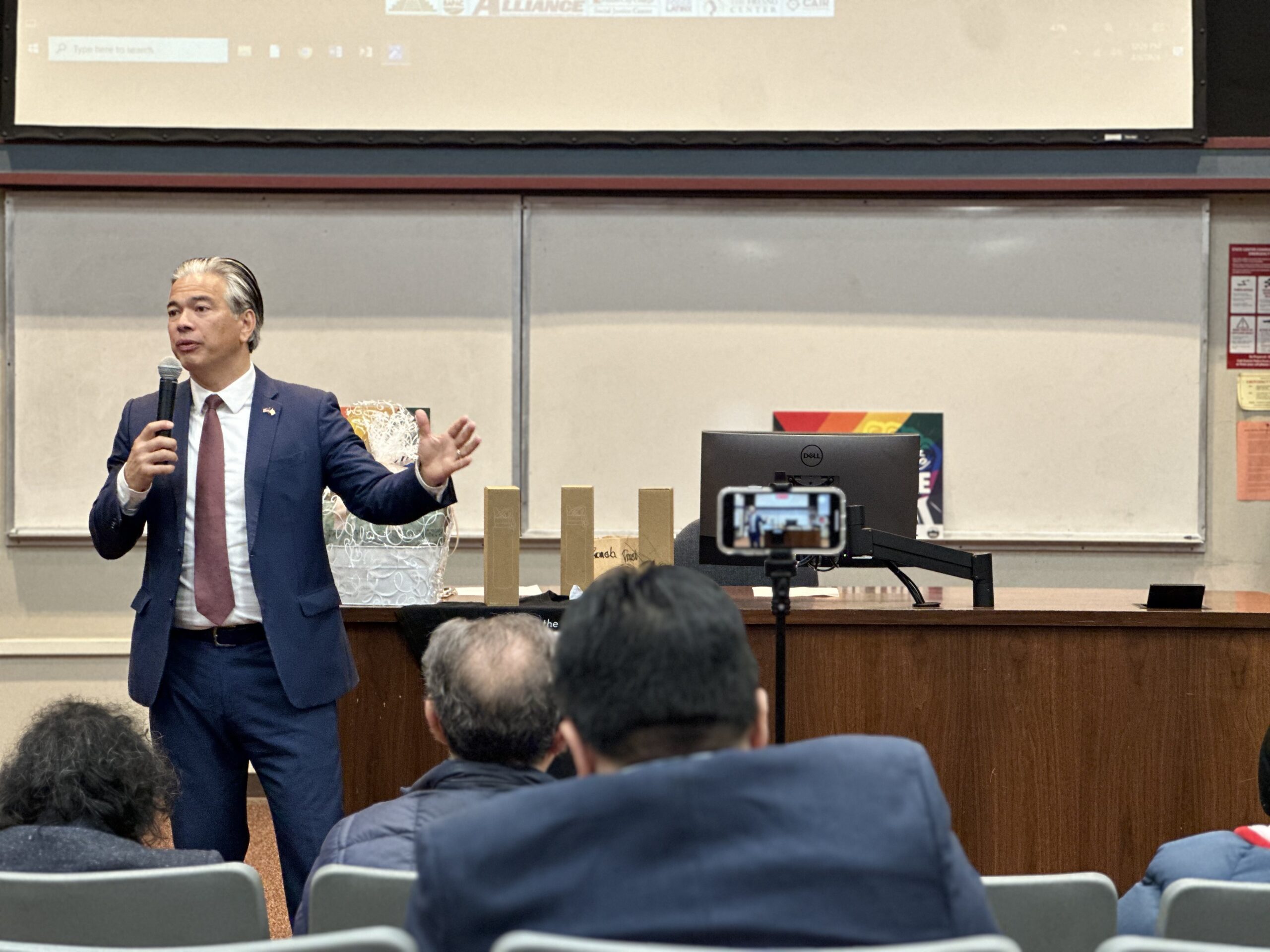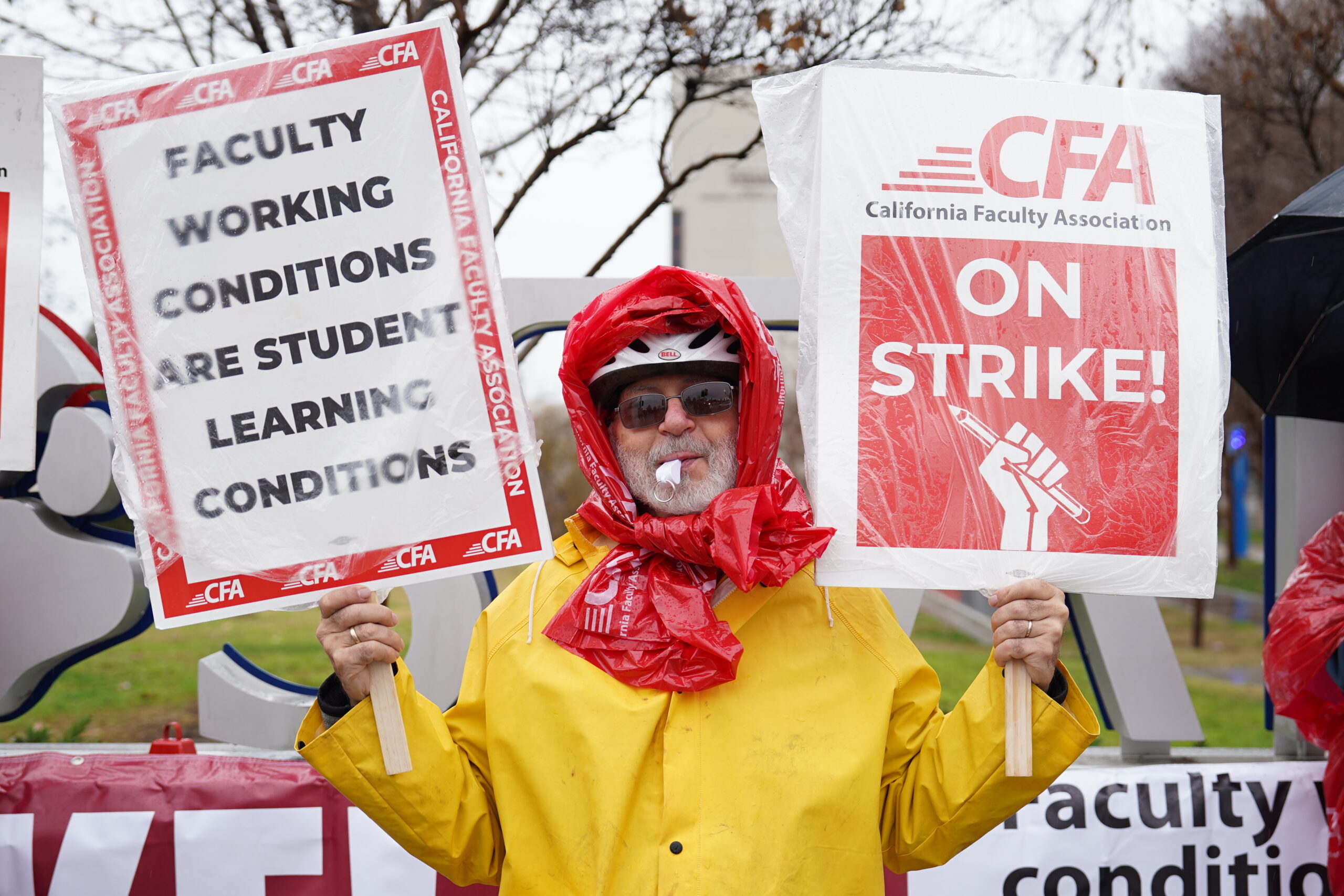By Summer Chiang, originally posted at New America Media.
Above: California State Assemblyman David Chiu speaking at a press conference promoting new immigration programs for APIs.
SACRAMENTO, Calif. — Under a new law, thousands of undocumented Californians are applying for driver’s licenses for the first time. But advocates worry few among them will be from the Asian Pacific Islander (API) community.
In response, API leaders are coming forward to assure community residents they should not be fearful of applying.
AB 60, which went into effect this month, allows undocumented immigrants in California to obtain driver’s licenses.
Jose Antonio Vargas, the Pulitzer Prize-winning Filipino American journalist who went public with his undocumented status in 2011, applied right away and passed his driving test in early January. Speaking at a press conference at the State Capitol on January 13, he described it as “the happiest day of [his] life.”
The conference was organized by the offices of Assemblymembers Rob Bonta (D-Oakland), Luis Alejo (D-Salinas), and Evan Low (D-San Jose) to promote new immigration programs for APIs.
“A driver’s license for people like us is more than a driver’s license,” he said. “If you are undocumented, this piece of paper proves that you exist, that you are recognized, and you are not illegal, because human beings are not illegal. There is nothing illegal about seeking a better life for yourself and your family. ”
Assemblymember Bonta pointed out that over 17,000 California residents applied for licenses under AB 60 on its first day of implementation, and the California Department of Motor Vehicles predicts that over 1.4 million undocumented residents will apply over the next three years. Hundreds of thousands of immigrants, he says, will be able to “driv[e] themselves to work without a fear of deportation.”
But if previous immigration reform initiatives are any indication, there may be disproportionately few license applicants from the undocumented API community.
The Deferred Action for Childhood Arrivals (DACA) initiative, which began in 2012, gives temporary legal status to certain undocumented young people who came to the United States as children. As of 2012 in California, there were just over 37,000 potential DACA beneficiaries from Asia, according to the Immigration Policy Center. But as of the following year, just 20 percent of them had applied for DACA.
Elected officials from the API community spoke about the need for APIs in California to not only apply for driver’s licenses, but also new initiatives brought about by President Obama’s executive action announced in November. The age cap for DACA has been removed, and a new program, Deferred Action for Parental Accountability (DAPA) has been created to grant temporary legal status to undocumented parents whose children are citizens or legal permanent residents. Parents need to have been in the country for over 5 years and have not committed serious crimes.
Angela Chan, policy director and senior staff attorney at the Asian Americans Advancing Justice (AAJC) Asian Law Caucus in San Francisco, encouraged undocumented APIs to apply for DACA and DAPA. Chan clarified that while the DACA and DAPA programs do not provide a pathway to citizenship, they shield beneficiaries from deportation and provide work authorization for three years.
Assemblymember Low said that it’s imperative to “maximize the momentum established by AB 60 and President Obama’s executive action to achieve true immigration reform for the API and all immigrant communities.”
Bonta added that over 400,000 of the country’s estimated 1 million undocumented APIs live in California. “That means close to half of the undocumented API community in the entire nation lives in California,” he said. “Now is the time for the API community to be fully engaged in and fully committed to the immigration discussion.”
Assemblymember Phil Ting (D-San Francisco) added, “We need to do everything possible so that every person in this country, whether documented or not, has the same rights as the rest of us.”
For more information:
Immigration Administrative Relief Factsheet (in Chinese and Korean)


